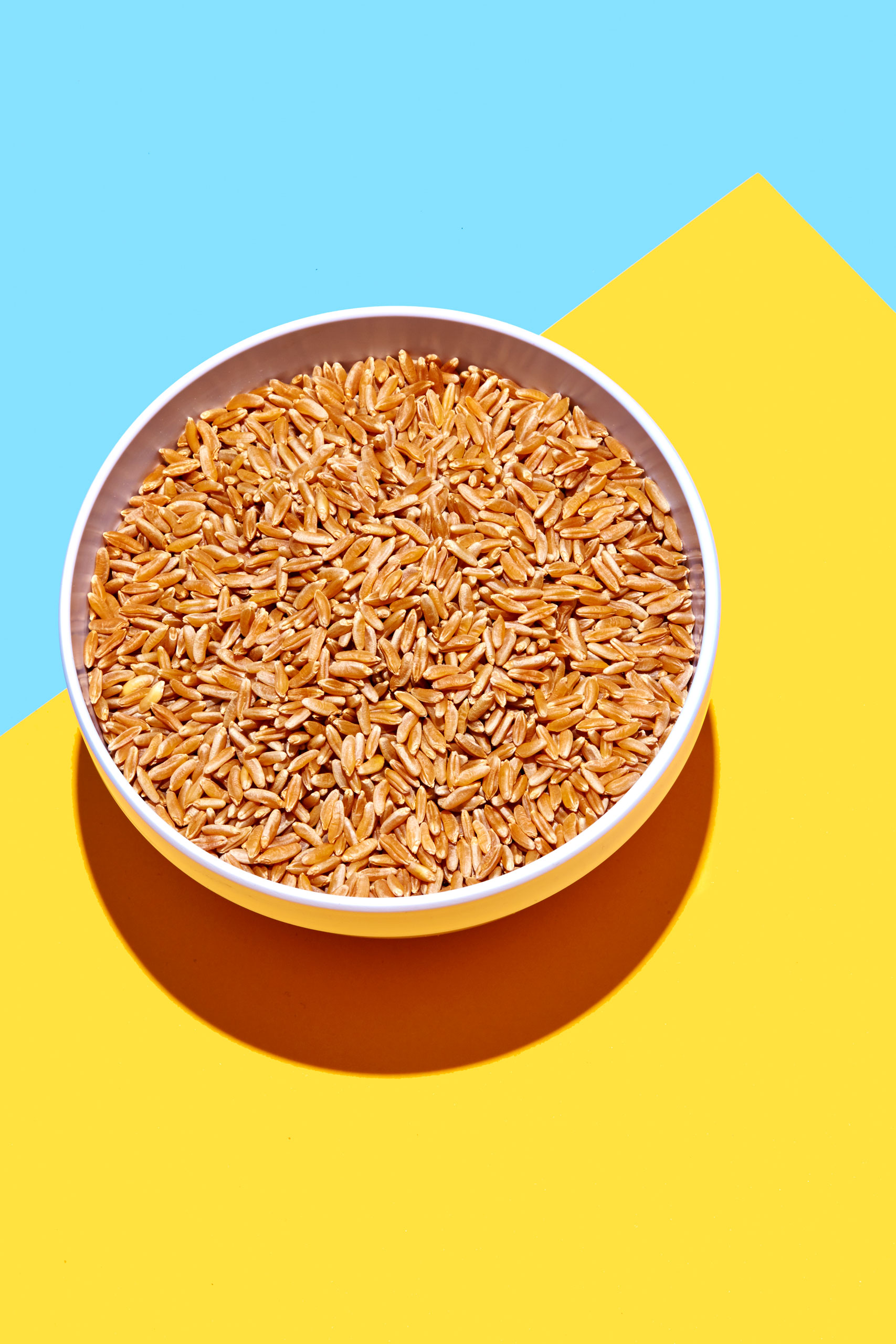
The best diet is the one you’ll stick to, but a new study suggests that might not be the one you’d pick for yourself.
In the experiment published in the Annals of Internal Medicine, a group of 207 veterans, mostly men, followed a diet for 48 weeks. About half were given a choice between two diets—low-carb or low-fat—while others were randomly assigned to one diet or the other.
Of those who got to choose, 58% picked the low-carb diet, and 42% chose the low-fat diet. Everyone in the study got group and phone counseling over the course of the study, and the researchers measured weight loss, adherence, attendance and weight-related quality of life.
“We figured that if people chose the diet on their own or with assistance that they would be more invested in the diet,” says lead author Dr. William Yancy, a research scientist at the Durham VA Medical Center. “We also thought that if they chose the diet based on what foods they preferred that that would help them stick to the diet better, but that’s not what we found.” Contrary to what the researchers expected to find, choosing a diet didn’t improve weight loss or make people any more likely to stick to their diet. In fact, people in this group actually lost less weight (an average of 12.5 pounds) than those assigned a diet (an average of 14.7 pounds). Statistically, however, there was no difference between the groups in any of the measures.
That might be because people are more likely to overeat when following a diet that emphasizes the foods they like—which would likely be the diet they’d select, Yancy says. The weight loss disparity could also be due to something the researchers call a “personal trainer” effect: you adhere to a workout program better if you’re told which exercises to do. “We all know we can go and exercise on our own,” Yancy explains. “But a lot of people still prefer to have a trainer or go to a setting when someone is overseeing what they’re doing.”
Future research is needed, he says, but especially in the little-explored areas of prescribing diets for individuals. There may be promise in future weight loss interventions that focus on pairing a person with a diet through personality questionnaires, metabolic profiles like cholesterol tests or insulin tests, or even a person’s genetic profile, Yancy says.
More Must-Reads from TIME
- How Donald Trump Won
- The Best Inventions of 2024
- Why Sleep Is the Key to Living Longer
- How to Break 8 Toxic Communication Habits
- Nicola Coughlan Bet on Herself—And Won
- What It’s Like to Have Long COVID As a Kid
- 22 Essential Works of Indigenous Cinema
- Meet TIME's Newest Class of Next Generation Leaders
Write to Mandy Oaklander at mandy.oaklander@time.com